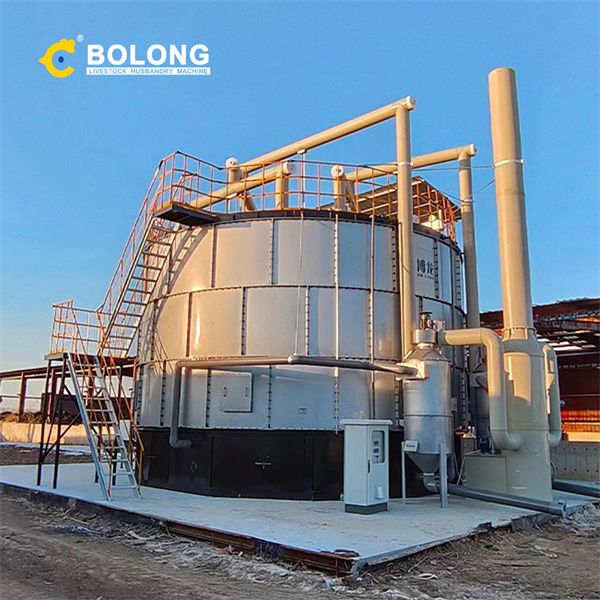Introduction: Livestock farming has significant environmental impacts, including greenhouse gas emissions and water pollution. Livestock fermentation tanks help mitigate these impacts. This article explores the environmental benefits of fermentation tanks in livestock farming.

Greenhouse Gas Reduction: Fermentation tanks reduce methane and nitrous oxide emissions from manure management. This contributes to climate change mitigation and supports sustainable farming practices.
Water Protection: By preventing nutrient runoff and leaching, fermentation tanks protect local water sources. This reduces the risk of water pollution and ensures clean and safe water supplies.
Soil Health: The compost produced improves soil health and fertility, reducing the need for synthetic fertilizers. This minimizes environmental impact and supports sustainable agriculture.
Case Study: A pig farm implemented fermentation tanks and observed a 50% reduction in greenhouse gas emissions. The farm also improved water quality and soil health, enhancing its environmental sustainability.

Conclusion: Livestock fermentation tanks provide significant environmental benefits by reducing greenhouse gas emissions, protecting water sources, and improving soil health. These advantages support sustainable and responsible livestock farming practices.